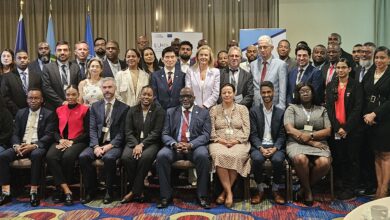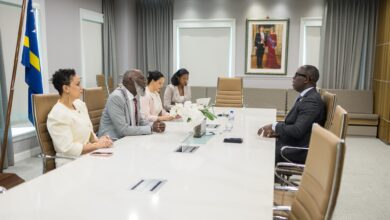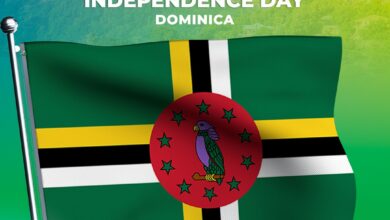Heads of Government of the Caribbean Community (CARICOM), including His Excellency René Préval, President of Haiti, held an in-depth discussion on the post-earthquake situation in Haiti at their Thirty-First Regular Meeting held in Montego Bay, Jamaica. The Secretaries General of the United Nations (UN) and of the Organisation of American States (OAS), as well as the Special Representative of the CARICOM Heads of Government on Haiti participated in this exchange of views.
CARICOM Heads of Government expressed grave concerns with regard to a number of ongoing developments brought to their attention. The devastating impact of the earthquake of 12 January on the economic life of the country has dramatically decreased the government’s revenue flow and, consequently, its ability to provide for the basic needs of its citizens as well as the increased social demands resulting from the devastation.
The budget support of $150 million promised by the international community has not been fully disbursed with only 50 per cent received. CARICOM Heads of Government were apprehensive that the inability of the Government to meet the basic needs of its people could add the threat of social instability to the holding of elections later this year to ensure democratic continuity.
The concerns were heightened by the unwillingness of the resource-rich non-governmental organisations (NGOs) active on the ground to align and coordinate their operations with the priorities of the Government of Haiti.
CARICOM Heads of Government acknowledged the deleterious impact that the lack of resources can have on government leadership and capability in a post-disaster situation. In view of the urgency for the Government of Haiti to provide durable shelter for the internally displaced and to remove rubble, among other basic needs, the Heads of Government strongly urged the international donor community to make good on the pledges and promises made to Haiti for its recovery and reconstruction. They also called on the UN and on the international donor community which funds a number of these NGOs to exercise their influence on these organisations so that they would honour the promises they made at the International Donor Conference in New York on 31 March 2010 to coordinate and structure their activities with the priorities determined by the Government of Haiti.
CARICOM Heads of Government welcomed the position taken by the Secretaries General of the UN and the OAS who shared the concerns raised and underscored the centrality of the Government of Haiti in the recovery process as well as the critical importance of the accelerated delivery of budgetary and other pledged resources. They also concurred on the vital necessity of the Presidential and legislative elections due to take place on 28 November 2010 in order to ensure democratic continuity without which stability and the success of the reconstruction process would be jeopardised.





